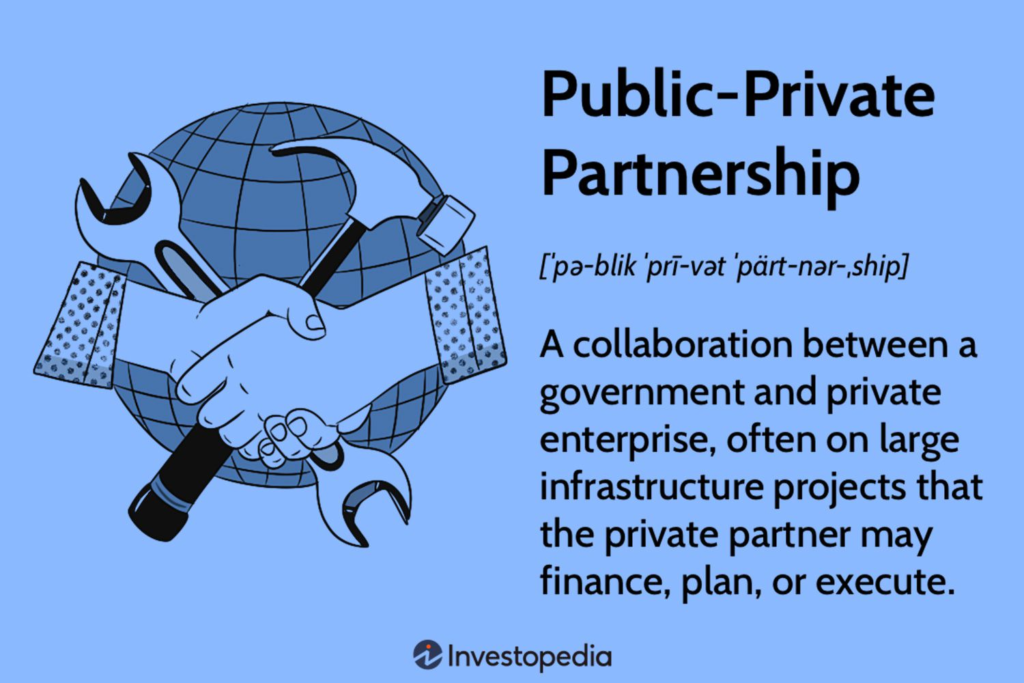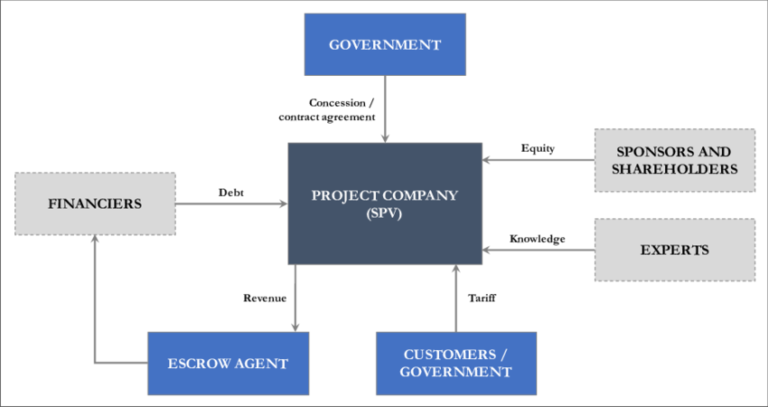Are you looking for private money sponsors to help fund your next partnership? Whether you’re starting a small business, flipping houses, or jumping into a new real estate deal, this guide is for you. We’ll walk you through everything in simple language, so even if you’re just getting started, you’ll feel confident.
What Are Private Money Sponsors (And Why They Matter)
Private money sponsors are individuals or groups who provide money for business ventures, usually outside traditional banks. These sponsors help entrepreneurs, real estate investors, or small business owners by offering flexible capital in exchange for a return on their investment. Unlike banks, private money sponsors often care more about the deal and potential profits than your credit score or business history.
They matter because they can help you move fast. Imagine you find a great deal on a property, but you don’t have the funds. A private sponsor can step in and fund that opportunity quickly. They bring not just money, but also trust and flexibility — especially valuable for people starting out.
Why Use Private Money for Partnerships?
Using private money means you don’t have to go through long loan approvals or give up control to big lenders. It’s great for partnerships because:
- Faster approvals: Private sponsors decide quickly.
- Flexible terms: You can negotiate instead of accepting strict bank terms.
- More personal: You deal with people, not institutions.
- Lower barriers: Even beginners can get funding.
Partnerships often need quick decisions and money that can adapt. Private money sponsors are perfect for these kinds of deals, especially when you’re partnering with someone to flip a house, buy a rental property, or launch a local business.
Where Can You Find Private Money Sponsors?
Finding a private money sponsor may sound tricky, but it’s easier when you know where to look. Here are the best places to start:

Ask People You Know First
Start with your personal network. You might be surprised how many people want to invest but don’t want to run a business. Friends, family, or coworkers might have savings and be open to earning a return without much effort. Just be respectful—never pressure anyone, and always be clear about risks.
Tell them your plan, and show them how their money will be used and returned. When they see your honesty and effort, they may decide to support your partnership.
Join Real Estate or Business Meetups
Local meetups are full of experienced investors and business owners. These events often have people looking for partnerships or investment opportunities. Find real estate investment clubs, small business meetups, or even startup events in your area.
Speak up and share your idea. You don’t need to sound like a pro — just be clear and passionate. Many attendees are seasoned sponsors or know someone who is.
Use Online Platforms That Match Investors with Partners
There are websites where investors and people like you can connect. Platforms like:
- Fundrise
- Patch of Land
- RealtyMogul
- BiggerPockets
- PrivateLenders.com
These tools let you post your project or search for sponsors looking to invest. Use keywords like “private money lenders,” “real estate investors,” or “business sponsors” when you search.
Also, sites like LinkedIn, Facebook groups (search “private investors for real estate”), and even Craigslist can yield good connections. Just remember to vet anyone you find online carefully.
What Makes a Good Private Money Sponsor?
Not all sponsors are equal. Some just want to make a quick buck, while others are truly helpful partners. A good private money sponsor should:
- Understand your business type
- Offer fair terms (not 30% interest or scary deadlines)
- Give clear expectations
- Communicate openly
- Have experience in your niche
Avoid sponsors who pressure you or aren’t open about their goals. Look for someone who believes in your vision and wants to grow with you.
A great sponsor is more than money — they’re part of your success team.
How to Talk to Sponsors (Without Confusing Them)
Sponsors don’t want a long speech filled with fancy terms. They want to know what they’re investing in, how they make money, and what risks are involved. Use plain English.
Talk about your project like you’re telling a friend. Don’t overpromise. If you’re flipping a house, explain how much it costs, how long it’ll take, and how much profit is expected. If it’s a business, describe what it does, who your customers are, and how their money helps it grow.
Keep your message simple, honest, and exciting.
Write a Simple Partnership Plan
Even if you’re just starting out, put together a clear partnership plan. This shows you’re serious. It doesn’t have to be complicated. Include:

- The business idea or project
- How much money is needed
- What the money will be used for
- When the money will be paid back
- How profits will be shared
This helps sponsors understand exactly what they’re joining — and it builds trust.
Be Honest About the Risks
Every project has risks. Talk about them. Show what could go wrong and how you plan to handle it. This doesn’t scare away good sponsors — it actually builds credibility. They’ll appreciate your honesty.
For example, say: “If we can’t sell the property in 6 months, we’ll rent it temporarily. We’ve already checked the local rental rates.”
Use Pictures and Simple Numbers
Add photos if you’re working with property or a product. Use simple charts or lists to show numbers like:
- How much you’re investing yourself
- Projected profit
- Timeline for return
This makes your plan easier to follow and more exciting.
How Do Sponsors Make Money?
Sponsors want to know, “What’s in it for me?” So tell them:
- Flat interest (e.g., 10% on their investment)
- Profit share (e.g., 40% of the final profit)
- Equity (owning part of the business or property)
Let them choose what works best for them — that flexibility can win their trust.
What Legal Stuff Do You Need?
Once you find a sponsor, get everything in writing. This protects both of you. Hire a lawyer to draft a simple agreement. It should cover:
- The money amount
- Timeline for repayment
- Profit sharing or interest terms
- What happens if the deal fails
In the U.S., depending on the deal size and type, you might need to follow certain SEC rules. Always talk to a legal expert before accepting large amounts of private money.
The Bottom Line
Finding private money sponsors for partnerships doesn’t have to be scary or complicated. You don’t need to be a finance expert or have perfect credit. You just need a strong idea, honesty, and a little hustle.
Start with people you know. Join local events. Post your project online. Build relationships with potential sponsors by being clear, confident, and respectful. Use simple language, share your goals, and always talk about the risks and rewards.


